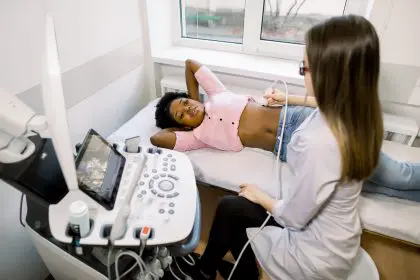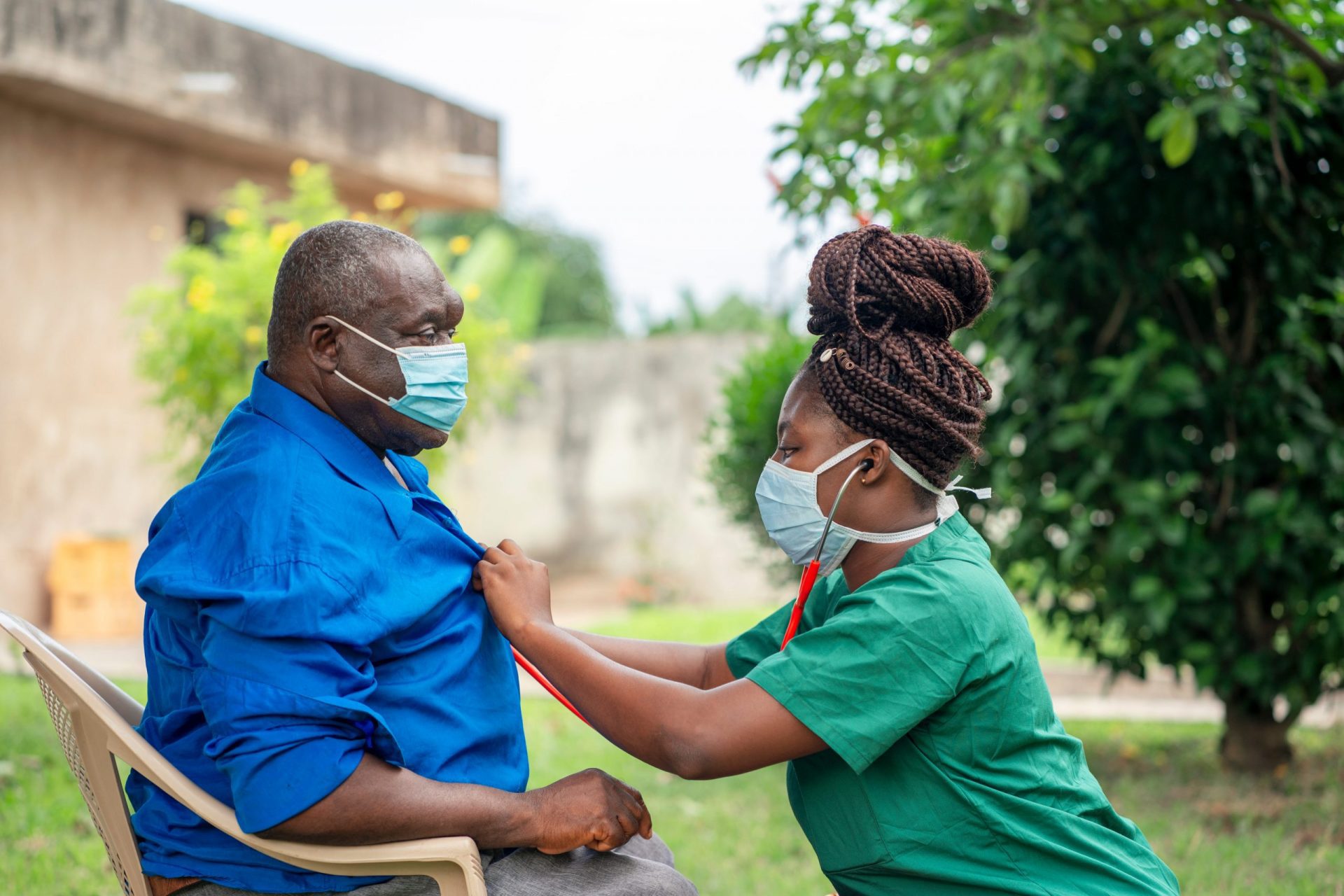Mammograms might not be the most exciting item on your to-do list, but understanding when to start these screenings could literally be a lifesaver. With breast cancer rates rising among younger women, particularly millennials and Gen Z, it’s more important than ever to get the facts straight about these crucial screenings.
Why you might be confused about mammogram guidelines
Let’s be real – if you’re scratching your head about when to start getting mammograms, you’re not alone. Different medical organizations seem to be playing a game of “pick a number” when it comes to recommending the right age to begin screenings. The American College of Radiology, American Cancer Society, and U.S. Preventive Services Task Force each have their own guidelines, which can leave anyone feeling overwhelmed.
The big news: What’s changed in mammogram recommendations
Here’s the tea: The latest guidelines have shifted to recommend starting mammograms at 40. This change comes as research shows breast cancer isn’t just a concern for older women anymore. Millennials and Gen Z are facing higher rates of breast cancer than previous generations, making early screening more crucial than ever.
Spill the tea on your risk factors
Before you stress about scheduling that mammogram, let’s talk about risk factors. Some things that might bump you into the higher-risk category include:
- Starting your period super early or hitting menopause late
- Never having been pregnant or having a baby later in life
- Having certain genetic mutations (looking at you, BRCA1 and BRCA2)
- Previous breast cancer or certain breast conditions
- Getting radiation treatment to your chest area when you were younger
- Having dense breast tissue (which is totally normal but needs extra attention)
The timeline: When to actually get your mammogram
If you’re wondering when to schedule that first mammogram, here’s the breakdown:
Average risk squad:
- Start at 40 (this is the new consensus)
- Choose between yearly or every other year screenings
- Talk to your doctor about which schedule makes sense for you
High risk crew:
- Might need to start before 40
- Could require more frequent screenings
- Should definitely get a personalized screening plan
The tea on genetic testing
Here’s something you might not know: Starting around age 25, you should consider chatting with a genetic counselor about your breast cancer risk. They can help you figure out if you need genetic testing for mutations like BRCA1 and BRCA2. Think of it as getting the inside scoop on your genes.
Dense breasts? Here’s what you need to know
If you’ve got dense breast tissue (which is totally normal and common), standard mammograms might not tell the whole story. You might need additional screening methods like MRIs or ultrasounds to get a clear picture. Don’t be shy about asking your healthcare provider about these options – they’re literally there to help you stay healthy.
How to be your own health advocate
The healthcare system can be overwhelming, but here’s how to take control:
- Start the conversation early with your doctor about your personal risk factors
- Use risk assessment tools to understand your situation better
- Keep track of your family history
- Don’t be afraid to ask for additional screenings if you have dense breast tissue
- Stay informed about changing guidelines
- Schedule regular check-ups with your healthcare provider
- Trust your instincts – if something feels off, speak up
The bottom line
Getting a mammogram isn’t exactly a fun girls’ night out, but it’s one of the most important self-care moves you can make. With breast cancer rates rising among younger women, staying on top of screenings is more crucial than ever. The new guidelines recommending mammograms starting at 40 reflect this changing landscape.
Remember, these guidelines are just that – guidelines. Your personal situation might call for earlier or more frequent screenings. The key is working with your healthcare provider to create a screening plan that’s right for you.
Whether you’re at average risk or high risk, the most important thing is taking action. Schedule that appointment, have the conversations with your doctor, and prioritize your breast health. Future you will thank you for it.
Pro tip: Many insurance plans cover mammograms as preventive care, so there’s often no out-of-pocket cost. Check with your insurance provider to understand your coverage.
Keep in mind that early detection is your best defense against breast cancer. By staying informed and proactive about screenings, you’re taking control of your health in the best possible way. Don’t let conflicting guidelines or anxiety about the procedure keep you from getting these potentially life-saving screenings.












